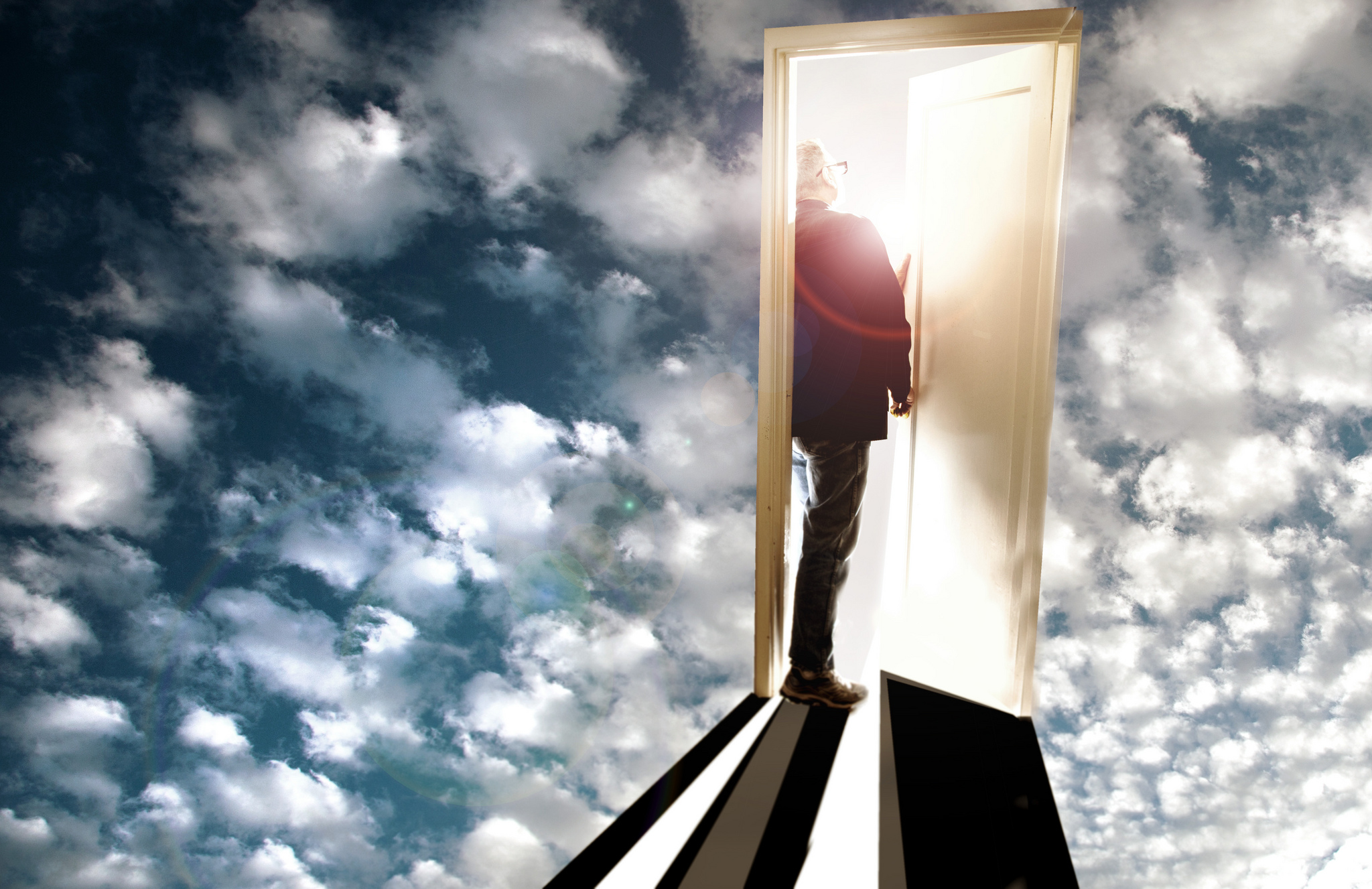In life, we all make choices; some are simple and others more complex. For many years in each of our lives, our choices were made for us by our parents who did their best to provide us with the tools we needed to develop our self-determination so that we could one day become the captain of our ship of life. It is no small feat to promote and develop another person’s intrinsic value, assist him or her to be comfortable with their essence, and encourage the growth of self-esteem.
For many the true transition to adulthood is the ability to discern the values, ideology and customs one wants to keep in their life, and those that are not for them. This isn’t because they don’t value the influence their parents and community instilled in them, but because Judaism, at its core, expects each person to synthesize their individuality with the whole, the singularity with the duality, and the finite with the infinite. This is no simple task and a challenge that takes years to sift through and cement.
The issue arises when a person lacks the fortitude needed to open the doors in their life that they want and put shackles on instead. The feeling of being locked into a prison is so overwhelming that the need to imprison others becomes so all encompassing that getting others to join isn’t a goal; it’s a mission.
Not only is this counterproductive, but it exemplifies a lack of ownership, comfort with oneself, and confidence in one’s relationship with G-d. Like the one who yells “Shabbos!” at the store owner who has not closed their store early enough, or the one who throws rocks at cars as they drive down Jaffa Street Shabbos morning. This accomplishes nothing except to make themselves feel better because they feel trapped by a prison that they have chosen to be in; when all they need to do is liberate themselves.
Judaism is a key; you can either open the door, or lock it. But, make no mistake, the choice is yours. When we want to jail others for permissible actions that violate an ordinance that we have decided is wrong, what we are really saying is, “Please, take me with you. Let me out, I want to get out. I’m just too scared to do so.”
If this world is supposed to be a dwelling place for G-d, and it is our mission to build the home, then we are compelled to furnish that home with compassion, understanding, trust, kindness, and perhaps most importantly of all, respect. We have to ask ourselves how to teach our children, and ourselves, how to have the resilience, and tenacity, to use Torah as a key for freedom, not slavery.

Yisrael lives in Greater Vancouver, Canada with his wife Ettie, and three children. He works with a social service agency dedicated to supporting adults with a developmental disability and youth at risk. He enjoys playing with his children, learning Torah, writing, and doing handyman projects around home. Yisrael writes with the hope of inspiring people to maximize their potential and bring spirituality alive. His mission is to reveal G-dliness in everyday life!

